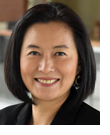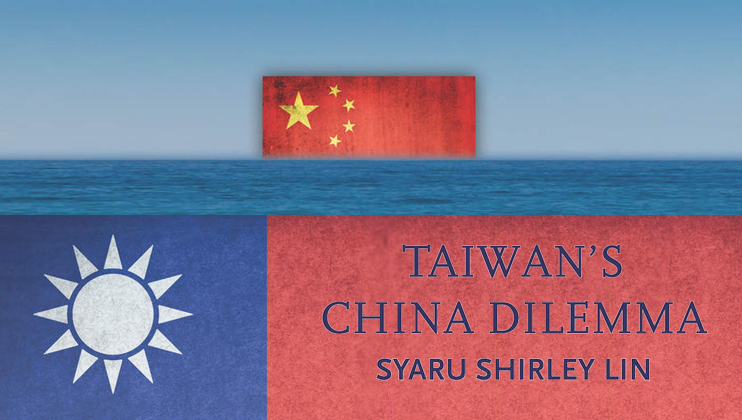Thursday, November 3, 2016 | 5:30 PM EDT - 7:00 PM EDT
National Committee On U.S. China Relations |, New York, NY
The election of Taiwan’s President Tsai Ing-wen in January has brought renewed uncertainty to cross-strait relations. Taiwan is more economically integrated with mainland China than ever before, yet the PRC continues to pose a threat to Taiwanese self-government, and has not renounced the use of force to achieve unification. Even as the core dilemma between security and economics has driven Taiwanese politics for over two decades, shifting political winds on the island have refocused attention on the contradictions that shape Taiwan’s policy environment. Ever since Taiwan began allowing direct investment on the mainland in 1991, shared cultural ties and convergent economic interests have helped promote trade and investment, both of which exceed $130 billion. Yet the process has been far from linear, and both of Taiwan’s main political parties have at different times advocated liberalization and tightening. In the most recent policy reversal, the Sunflower Movement of 2014 succeeded in blocking a major cross-strait trade deal, undermining the détente orchestrated by Ma Ying-jeou.
An expert on global political economy and former partner at Goldman Sachs, Syaru Shirley Lin teaches at the University of Virginia and the Chinese University of Hong Kong. In her book Taiwan’s China Dilemma: Contested Identities and Multiple Interests in Taiwan’s Cross-Strait Economic Policy, Dr. Lin analyzes how national identity and economic interest interact to produce policy oscillations in Taiwan’s stance towards its gigantic neighbor. Dr. Lin also examines how the uneven socio-economic consequences of globalization in Taiwan influence the formation of its China policy, and argues that the Taiwan case offers a way of understanding resistance to trade liberalization and economic integration around the world. Dr. Lin discussed her book, and the future of cross-strait economic relations, with National Committee President Stephen A. Orlins on November 3, 2016 in New York City.

Syaru Shirley Lin
Syaru Shirley Lin teaches political science at the University of Virginia and is a member of the founding faculty of the master’s program in global political economy at the Chinese University of Hong Kong. Before starting her academic career, Dr. Lin was a partner at Goldman Sachs, where she was responsible for direct investment in Asia and spearheaded the firm’s investments in many technology start-ups such as Alibaba and Semiconductor Manufacturing International Corp. Previously, she specialized in the privatization of state-owned enterprises in Singapore and China. Dr. Lin’s present board service includes Goldman Sachs Asia Bank, Langham Hospitality Investments and Mercuries Life Insurance. She also advises Crestview Partners and the Focused Ultrasound Foundation and is a member of the Hong Kong Committee for Pacific Economic Cooperation.
Dr. Lin graduated from Harvard College and earned her master’s and Ph.D. degrees from the University of Hong Kong.
